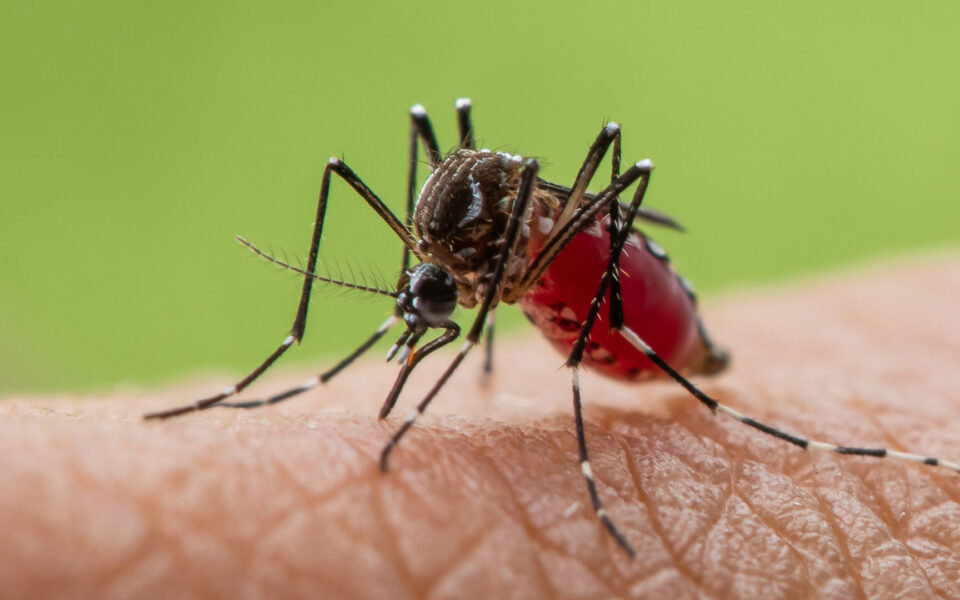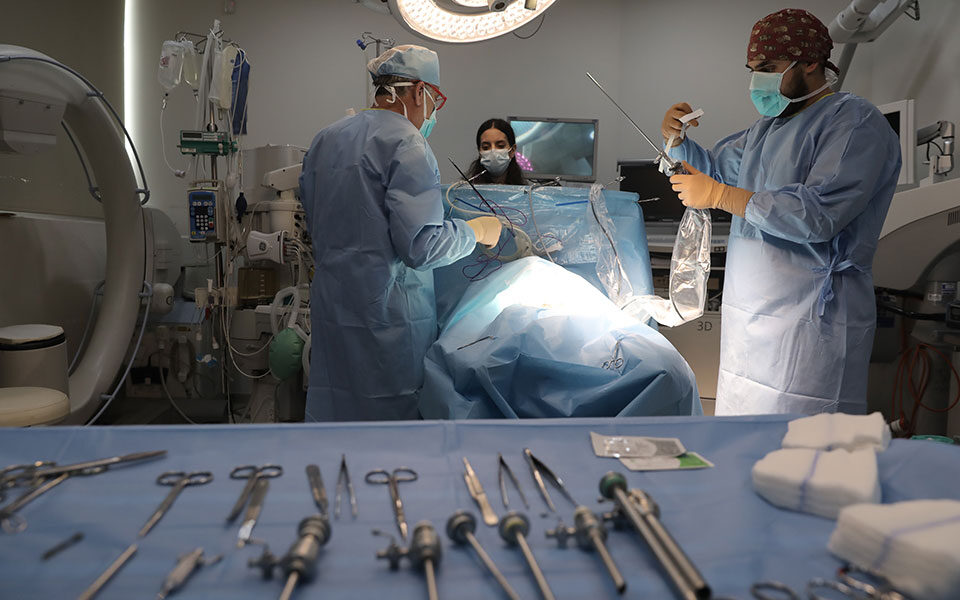‘It’s in the air you breathe’: what you need to know about Sydney’s Delta Covid variant


Infectious diseases experts say a greater focus on airborne transmission is needed to manage the spread of Covid but they have warned against the use of alarming language when describing the Delta variant.
The New South Wales premier, Gladys Berijiklian, has described “scarily fleeting” encounters resulting in Delta spread in Sydney after CCTV revealed two people walking past each other at Bondi Junction Westfield transmitted the virus.
The state’s health minister, Brad Hazzard, described the variant as “a gold medallist when it comes to jumping from one person to another”.
Queensland’s chief health officer, Dr Jeannette Young, echoed these statements on Wednesday when she announced the state would shut its borders to people from Sydney hotspots.
“With the Delta variant, we’re seeing very fleeting contact leading to transmission,” Young said.
“At the start of this pandemic, I spoke about 15 minutes of close contact being a concern. Now it looks like it’s five to 10 seconds that’s a concern. The risk is so much higher now than it was only a year ago.”
Not enough emphasis on airborne transmission
“Fleeting contact” is an accurate descriptor that underlines the airborne nature of the virus, says Prof Nancy Baxter, head of the University of Melbourne’s school of population and global health.
“The spread is more likely if you’re close to the person [but] there’s still a potential for virus particles to be in the air, and breathed in by someone passing by,” she said. This is true of both the original Covid-19 virus and the Delta variant.
After months of growing scientific evidence, the World Health Organization formally acknowledged the airborne spread of Covid in April. It can occur when viral particles remain “suspended in the air or travel farther than one metre”.
Laboratory studies have found particles of the virus can linger in the air in aerosolised form for up to 16 hours.
“Because there was this resistance to actually acknowledge it, we haven’t made the recommendations that we should,” Baxter said.
Prof Raina Macintyre, head of the biosecurity research program at the University of New South Wales’s Kirby Institute, said airborne transmission in indoor settings can occur even in the absence of fleeting contact.
“Respiratory aerosols accumulate in the same way that cigarette smoke accumulates,” she said.
“In an indoor space where the ventilation isn’t adequate, somebody with the infection could have come and gone, but the virus is still lingering in the air. So if you walk through that area and you breathe that air, you could get infected.”
Both Macintyre and Baxter point to the need for more focus on airborne transmission – particularly in the winter months.
“People are still kind of stuck in that mindset of hand sanitiser and washing your hands, when actually the message we need to be getting out there is it’s the air you breathe,” Macintyre said.
“Ventilation makes a difference. If you’re having people over, open the window. If you’re driving in a car with people, open the window, even a little bit. Wear masks. It’s the shared air that matters the most.”
More transmissible Delta variant cause for concern, but not alarm
Hassan Vally, an associate professor at La Trobe University, said although the Delta variant (formerly known as B1.617.2) was more infectious, transmission of Covid-19 from fleeting contact was possible even with the original strain of the virus.
“Fifteen minutes [spent] within 1.5 metres is what we were worried about. That was just because of probabilities – the longer time you spend in close contact, the more likely it is that you transmit that virus,” he said.
“The general principle is: if a virus is more infectious, then those probabilities increase.”
According to UK data, the Delta variant is 60% more transmissible among household contacts compared with the Alpha variant, which was previously the dominant strain in the UK and at least 20 other countries. Estimates put the Alpha variant as being between 43% and 90% more infectious than the original Covid-19 virus.
Delta is now outcompeting other variants of the virus. In the UK, it accounts for an estimated 99% of new infections. The WHO chief scientist, Soumya Swaminathan, said last week: “The Delta variant is well on its way to becoming the dominant variant globally because of its increased transmissibility.”
Vally said: “We do have to be careful with our language and keep reminding ourselves this is essentially the same virus.”
“It’s a bit more transmissible, but it behaves in the same way the original virus behaves,” he said. “All of the same behavioural interventions should work against this variant of the virus if they’ve worked against the original ancestral strain.”
The Delta variant appears to have a similar incubation period to the Alpha variant – the average time between an exposure and a household member becoming symptomatic is four days.
However, it may be somewhat more resistant to vaccines than the Alpha strain and could be linked to a higher risk of hospitalisation.
Dr Meru Sheel, a senior research fellow at the Australian National University, said public health measures remain unchanged in response to new strains.
“There’s no need to make it a scary narrative,” she said.
“Of course new variants are going to emerge, and some are going to be more infectious and some are going to be less. The public needs to play their part as the public health measures scale up and down based on those variants. Wash your hands, stay at home if you’re unwell, only go to get tested. Wear your mask, get your vaccine if you’re eligible.”
Baxter concluded: “Vaccination is a race. If there’s just less Covid circulating, there’s less opportunity for these changes to happen that make it more efficient [at spreading].”
Source: The Guardian




